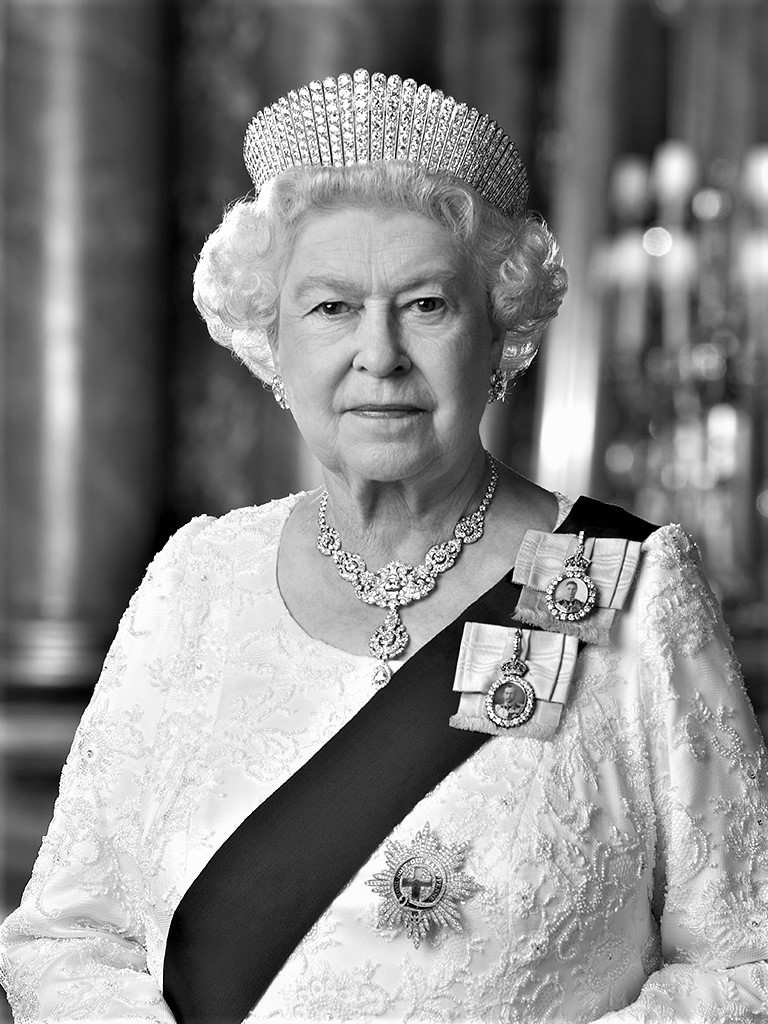Welcome to Ward 38
Ward 38 is the inpatient maternity ward based in Ninewells Hospital. It is comprised of North and South wards. Throughout your stay, your care will be provided by our team of midwives, obstetricians, maternity care assistants and health care assistants. We will work in partnership with you to provide person centred care to you and your baby.
Ward 38 North
If you require increased observations and/or treatment in pregnancy, induction of labour or are attending for elective caesarean section, you will be admitted to ward 38 North. This ward comprises of 13 antenatal beds (4 to a bay), 5 side rooms and a 4 bedded caesarean section bay.
Ward 38 South
This is a 21 bedded postnatal ward that comprises 4 bays (4 beds per bay) and 5 side rooms. Once you have birthed your baby, you will be transferred from labour suite to our postnatal ward. You will be supported by our team to establish infant feeding, change and bathe your baby and equip you with the necessary information to guide you on your journey as a parent.
Ward Facilities
Each ward has bathing and showering facilities. We have a lounge area for you to use during your stay or if you are waiting for transport home, with reading materials and television
Early Days

Inpatient Ward, Ninewells Ward 38 (Antenatal and Postnatal)
Getting to know your baby
The early relationship you, your partner and family have with your baby is very important.
It helps lay the foundations for who they will be and their relationships with other people.
It helps lay the foundations for who they will be and their relationships with other people.
Crying / Soothing your baby
All babies cry, some more than others. Babies use crying as a way of communicating with you, telling you that they need some comfort or care.
Sometimes it is clear what they want, and sometimes it's not.
By keeping your baby close and being responsive to their needs you will learn to be able to recognise your baby's needs.
Sometimes it is clear what they want, and sometimes it's not.
By keeping your baby close and being responsive to their needs you will learn to be able to recognise your baby's needs.
Baby sleeping
Newborn babies don't have a sense of day and night. They sleep around the clock, and because their tiny stomachs don't hold enough breast milk or formula to keep them satisfied for long, they wake often to eat — no matter what time of day or night it is.
The first months of a baby's life can be the hardest for parents, who might get up many times at night to tend to the baby.
Each baby has a different sleep pattern. Some start to sleep "through the night" (for 5–6 hours at a time) by 2–3 months of age, but some don't.
The first months of a baby's life can be the hardest for parents, who might get up many times at night to tend to the baby.
Each baby has a different sleep pattern. Some start to sleep "through the night" (for 5–6 hours at a time) by 2–3 months of age, but some don't.
Physical changes post birth
Your body goes through many physical changes following birth while it is returning to its non-pregnant state.
The first few days after your baby's born can be tough because you’re likely to be tired, sore and uncomfortable. It takes a while for your body to recover and for you to adjust to everything that’s changed.
Try and take it easy and don’t push yourself too hard.
The first few days after your baby's born can be tough because you’re likely to be tired, sore and uncomfortable. It takes a while for your body to recover and for you to adjust to everything that’s changed.
Try and take it easy and don’t push yourself too hard.
Emotional changes post birth
A lot of new mums find themselves feeling weepy and irritable and not knowing why.
If it happens to you, don’t worry, most new mums go through it. The baby blues is not an illness and you should see the back of it without any medical treatment. This’ll probably happen by the time your baby is around 10 days old.
If you’re still feeling low after this, speak to your GP or midwife as it might be something more serious.
If it happens to you, don’t worry, most new mums go through it. The baby blues is not an illness and you should see the back of it without any medical treatment. This’ll probably happen by the time your baby is around 10 days old.
If you’re still feeling low after this, speak to your GP or midwife as it might be something more serious.
Postnatal mental health
Postnatal depression (PND) is a depressive illness which affects between 10 to 15 in every 100 women having a baby. The symptoms are similar to those in depression at other times. These include low mood and other symptoms lasting at least two weeks. Depending on the severity, you may struggle to look after yourself and your baby.
You may find simple tasks difficult to manage. It's never too late to seek help. Even if you have been depressed for a while, you can get better.
The help you need depends on how severe your illness is. Mild PND can be helped by increased support from family and friends.
If you are more unwell, you will need help from your GP and health visitor. If your PND is severe, you may need care and treatment from a mental health service.
You may find simple tasks difficult to manage. It's never too late to seek help. Even if you have been depressed for a while, you can get better.
The help you need depends on how severe your illness is. Mild PND can be helped by increased support from family and friends.
If you are more unwell, you will need help from your GP and health visitor. If your PND is severe, you may need care and treatment from a mental health service.
Going home
If you’re both doing well, you’ll usually be ready to go home somewhere between 6 and 24 hours after birth. You may need to stay a bit longer if:How quickly you go home will depend on how you’re feeling. Your midwife will talk to you about when it is safe for you and your baby to go home. She will also discuss your postnatal care plan and frequency of visits from the community midwife.
Before you leave hospital you will be given a set of postnatal notes with information about your labour, delivery and postnatal care in hospital. You will also be given a range of information leaflets and contact numbers if you require any additional support.
Before you leave hospital you will be given a set of postnatal notes with information about your labour, delivery and postnatal care in hospital. You will also be given a range of information leaflets and contact numbers if you require any additional support.
Care of your newborn baby
This is a special time as you and your baby get to know each other.
It can be a magical time but it can also be slightly daunting and exhausting.
Please find further useful information below to help you.
It can be a magical time but it can also be slightly daunting and exhausting.
Please find further useful information below to help you.

